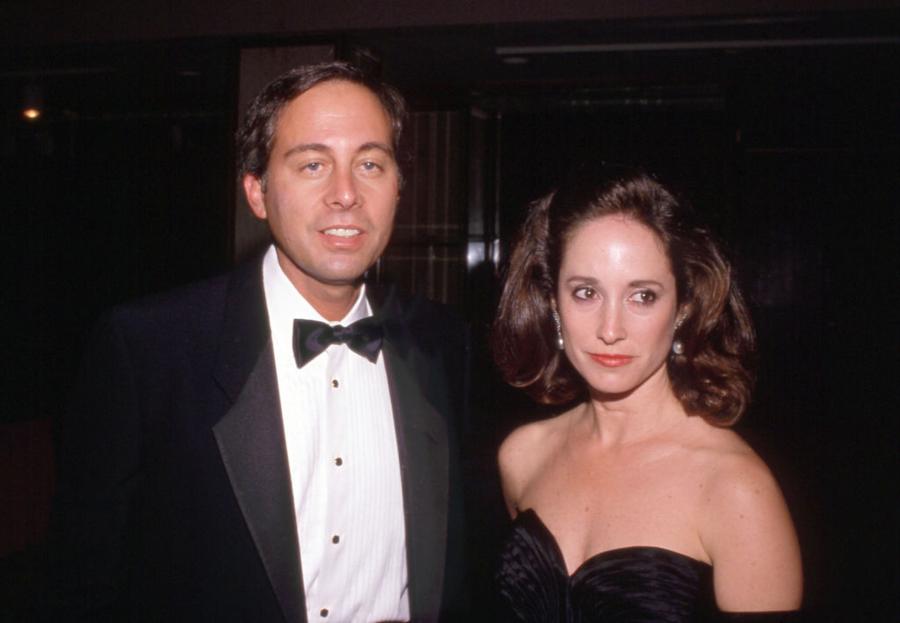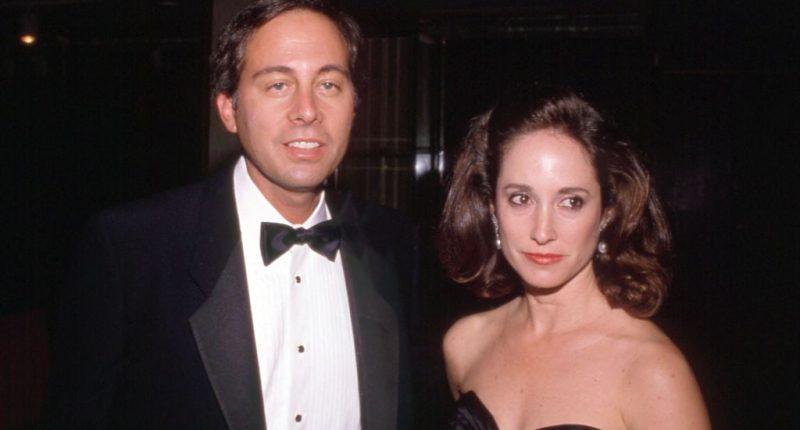What was Brandon Tartikoff’s net worth and salary?
Brandon Tartikoff was an American television executive who had a net worth of $50 million at the time of his death in 1997. Brandon Tartikoff was one of the most transformative figures in American television, a programming visionary whose bold instincts helped revive NBC from a struggling network into the dominant cultural force of the 1980s and early 1990s. As NBC’s youngest-ever president of entertainment, Tartikoff shepherded an iconic slate of hit shows—”The Cosby Show,” “Cheers,” “Family Ties,” “Miami Vice,” “The Golden Girls,” “Knight Rider,” and “Seinfeld”—that redefined network television and reshaped the primetime landscape. His career was marked by a rare blend of creative risk-taking and commercial savvy, a mix that turned NBC into “Must See TV” and cemented Tartikoff’s legacy as perhaps the most influential television executive of his era.
Beyond the Nielsen ratings, Tartikoff was admired for his deep respect for writers, producers, and talent. He believed in nurturing creators and giving them room to grow—often backing shows that floundered early but ultimately became classics. Despite facing personal setbacks, including a near-fatal car accident and a battle with Hodgkin’s lymphoma, Tartikoff remained relentlessly optimistic and driven. He died in 1997 at the age of 48, but his impact on American pop culture continues to resonate.
Early Life and Education
Brandon Tartikoff was born on January 13, 1949, in Freeport, New York, and raised in Lawrence on Long Island. From a young age, he was fascinated by media and storytelling, often creating imaginary radio shows using a tape recorder. He attended the Lawrenceville School in New Jersey and went on to study at Yale University, graduating in 1970 with a degree in English.
While at Yale, Tartikoff took summer jobs as a page at NBC and developed an early understanding of the inner workings of the network television system. These formative experiences would pave the way for his meteoric rise in the industry.
Climbing the Television Ranks
After graduating, Tartikoff worked at WLS-TV, an ABC affiliate in Chicago, where he began learning the art of programming and local audience strategy. His keen eye for content and strong ratings instincts caught the attention of executives at ABC and NBC.
In 1977, at the age of 28, Tartikoff was hired by NBC to oversee programming for its West Coast division. Just two years later, in 1979, he was named President of NBC Entertainment at just 30 years old—becoming the youngest person to ever hold that role.
At the time, NBC was a distant third among the three major networks, plagued by weak ratings and few cultural hits. Tartikoff inherited a crisis—and turned it into a revolution.

Getty
The NBC Renaissance
Tartikoff’s approach to programming combined bold ideas with unshakable patience. He took chances on shows that didn’t immediately deliver strong ratings but had creative merit. Among his first major gambles was “Hill Street Blues,” a gritty, serialized cop drama that struggled early but became a critical darling and multiple Emmy winner.
He championed “The Cosby Show,” which debuted in 1984 and quickly became a ratings juggernaut that revived the entire network. Tartikoff also gave long leashes to shows like “Cheers” and “Family Ties,” both of which underperformed initially but later became massive hits. With “Cheers,” he personally assured creators Glen and Les Charles and director James Burrows that NBC would stick with the show despite low first-season ratings. His belief paid off—”Cheers” would go on to become one of the most beloved sitcoms in television history.
He embraced stylistic risk with “Miami Vice,” which blended music, fashion, and crime drama into a cultural phenomenon. And he famously backed a strange little comedy called “Seinfeld”, even when early testing suggested viewers didn’t get it.
Under Tartikoff’s leadership, NBC produced a staggering run of hits in the 1980s and early ’90s. He transformed the network’s Thursday night lineup into a must-watch event, cementing NBC as the top-rated network for much of the decade.
Leadership Style and Legacy
Tartikoff was known for his hands-on approach, close collaboration with showrunners, and unorthodox creativity. He was a master of the “logline,” able to sum up a show in a pithy phrase that would hook executives and viewers alike. He was also unusually loyal to creators. For instance, when “Cheers” struggled out of the gate, he stuck by it because he believed in the creative vision of its producers.
He had a gift for recognizing long-term potential over short-term success—a trait rare in an industry fixated on weekly numbers. Tartikoff’s influence extended beyond the shows themselves; he helped shape what modern network television would become and fostered a more creative, writer-friendly culture.

(Photo by Ralph Dominguez/MediaPunch via Getty Images)
Later Career and Personal Challenges
In 1991, Tartikoff left NBC to become chairman of Paramount Pictures. While his time at Paramount was shorter and less impactful than his NBC years, he helped greenlight films like “Wayne’s World” and worked to strengthen the studio’s creative relationships.
Tartikoff also faced major personal challenges. He survived a 1991 car accident that left his daughter severely injured and was diagnosed with Hodgkin’s lymphoma, a disease he had first battled in his twenties. Despite these hardships, he remained active in media and wrote a memoir, “The Last Great Ride,” reflecting on his career and philosophy.
Death and Enduring Influence
Brandon Tartikoff passed away on August 27, 1997, at age 48, after a long battle with cancer. He left behind his wife, Lilly, and two daughters. In the years since his passing, he has been remembered as a once-in-a-generation television executive who brought humanity, vision, and artistic courage to network TV.
His legacy lives on not only in the shows he championed but in the industry-wide reverence for his leadership style. Many of today’s top television executives cite Tartikoff as a role model, and several of his shows remain syndication staples decades later.
Tartikoff’s name is now synonymous with a golden era of television—an era defined by creativity, risk, and the belief that great storytelling, given time, can change everything.
All net worths are calculated using data drawn from public sources. When provided, we also incorporate private tips and feedback received from the celebrities or their representatives. While we work diligently to ensure that our numbers are as accurate as possible, unless otherwise indicated they are only estimates. We welcome all corrections and feedback using the button below.






